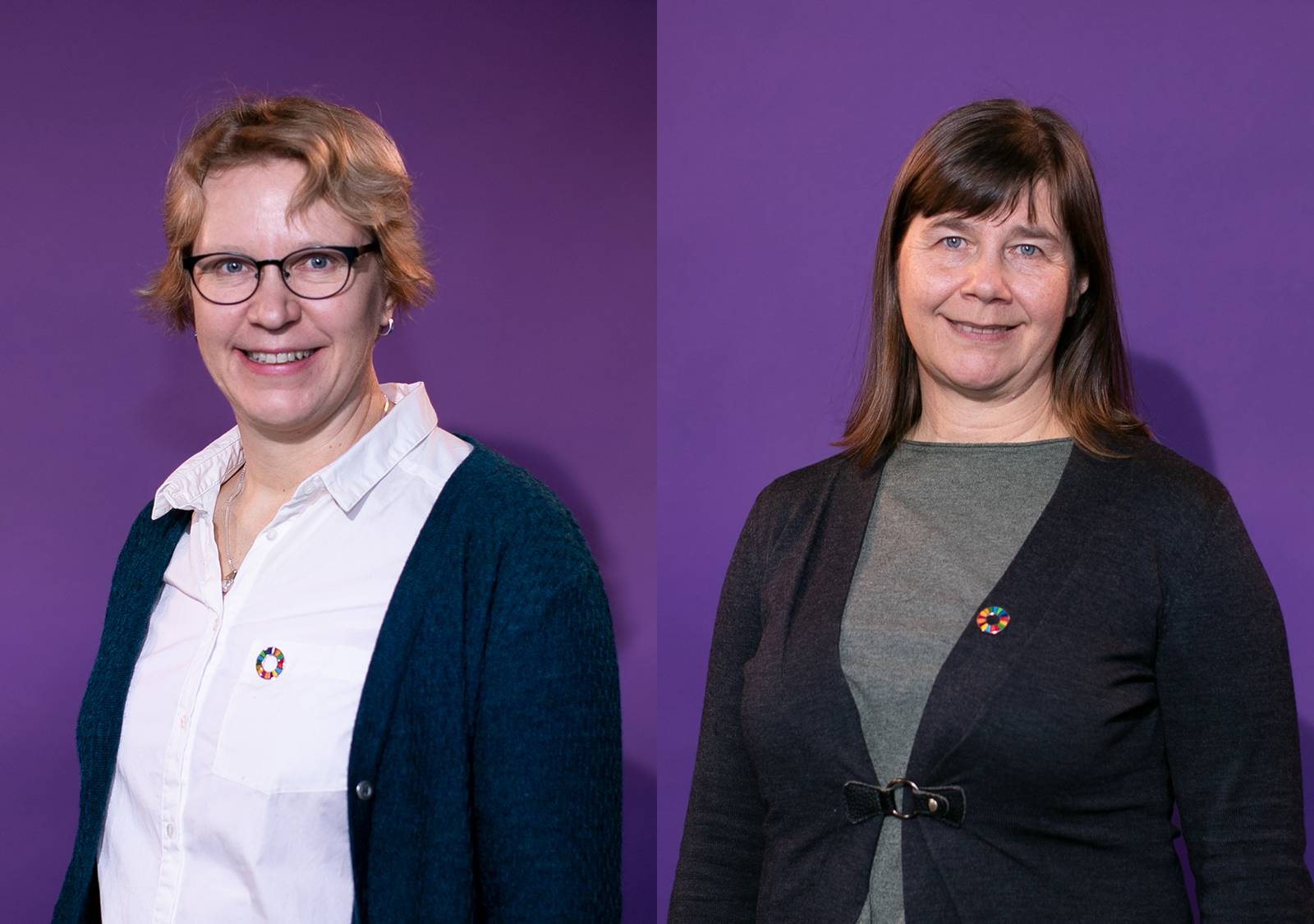Towards a truly sustainable TAMK
At the beginning of 2021, TAMK’s sustainable development work was strengthened by establishing a Working Group on Sustainable Development. Eija Syrjämäki (coordinator), Eveliina Asikainen, Eeva-Liisa Viskari, Saana Raatikainen, Maria Maljanen, Sampo Saari and student representatives Joonas Soukkio and Arttu Laukkanen were selected to the working group. The group’s task is to uphold sustainable development and support introduction of sustainable procedures in TAMK’s all operations.
Development of the carbon footprint calculation was a focus area of Tampere Universities’ sustainability work in 2021. In accordance with the Ministry of Education and Culture’s and Rectors’ Conference of Finnish Universities of Applied Sciences Arene’s guidelines, TAMK aims at becoming carbon neutral by 2030. Chairs of Tampere Universities’ working group on carbon footprint calculation were Kirsi Viskari and Marja Sutela. Approximately 40 persons from the whole universities community participated in the work. The second carbon footprint calculation showed concretely how decrease in travel during the pandemic diminished the carbon footprint. TAMK’s carbon footprint calculation was also acknowledged internationally. TAMK reported its carbon footprint as a part of the SDG Accord reporting. In July, the reporting was presented at EAUC Virtual Global Climate Conference 2021 with the title “The First Carbon Footprint Calculation Process at Tampere Universities, Finland”.
TAMK’s process of approving project ideas was developed in such a way that applicable sustainable development objectives are considered in each project. It allows us to follow the proportion of sustainable development objectives in our RDI.
The Working Group on Sustainable Development coached the research, development and innovation team in spring 2021 in sustainable development in RDI. In 2021, the Facilities Management prepared introduction of the EcoCompass environmental management system in TAMK’s facilities. The waste management guidelines were also harmonised and developed, which helps everyone to act in a more eco-friendly manner. The circular economy deed for 2021 was awarded to AV Support Jussi Hulkkonen, who suggested re-use of old AV equipment.
In 2021, other important influence targets were curriculum work and communication about sustainable development. The groundwork for the curriculum process was laid in 2021. In most degree programmes, the actual curriculum work will be done in 2022. Global responsibility and sustainable development will be a checkpoint in the curriculum work.
The themes of sustainability and responsibility were also raised in Tampere Hall’s lobby clubs. They were organised monthly in October-December 2021. Tampere Universities and Yle organised a discussion series on responsibility. In addition, student trainees made a podcast series on sustainability.
Tampere University of Applied Sciences’ sustainability contents were gathered to the intranet. You can also read more about sustainability on Tampere Universities’ website: Sustainable development at Tampere Universities
Sustainable development is an essential part of TAMK’s RDI activities. In this video we share three examples:
Text: TAMK’s Working Group on Sustainable Development, Eeva-Liisa Viskari, Impact Area Leader & Eveliina Asikainen, Senior Lecturer, Professional Teacher Education
Editing: TAMK’s Communications and Marketing Services
Photos: Saara Lehtonen

